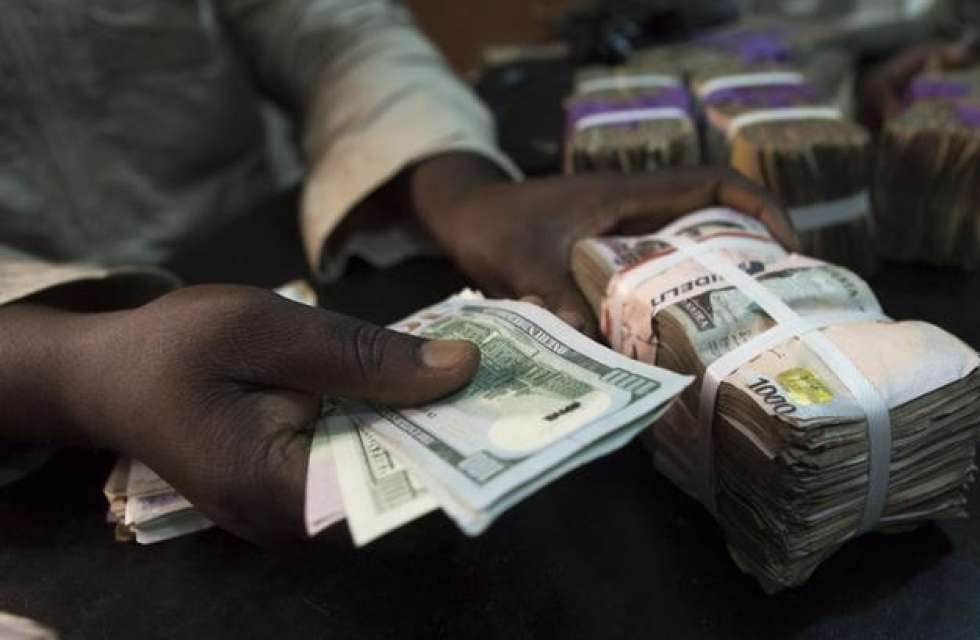Forex
Gold and Yen Extend Rallies on EU, Trump Concerns

Forex
BDC Operators in Abuja Face EFCC Crackdown: Chaos Erupts in Wuse Zone 4
Naira
Dollar to Naira Black Market Today, April 30th, 2024
As of April 30th, 2024, the exchange rate for the US dollar to the Nigerian Naira stands at 1 USD to 1,340 NGN in the black market, also referred to as the parallel market or Aboki fx.
Forex
ABCON President Announces Blueprint for Unified Retail Forex Market
-

 Forex4 weeks ago
Forex4 weeks agoZiG to the Rescue: Zimbabwe Shifts Gear with New Currency Backed by Gold
-

 Naira3 weeks ago
Naira3 weeks agoDollar to Naira Black Market Today, April 9th, 2024
-

 Billionaire Watch3 weeks ago
Billionaire Watch3 weeks agoNigerian Billionaire Tony Elumelu Contemplates Acquiring NPFL Club
-





 Naira3 weeks ago
Naira3 weeks agoDollar to Naira Black Market Today, April 8th, 2024
-









 Naira3 weeks ago
Naira3 weeks agoNaira Hits Eight-Month High at 1,120/$ Amidst Central Bank Reforms
-



 Naira2 weeks ago
Naira2 weeks agoDollar to Naira Black Market Today, April 17th, 2024
-









 Naira2 weeks ago
Naira2 weeks agoDollar to Naira Black Market Today, April 18th, 2024
-









 Naira4 weeks ago
Naira4 weeks agoDollar to Naira Black Market Today, April 2nd, 2024














